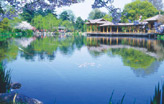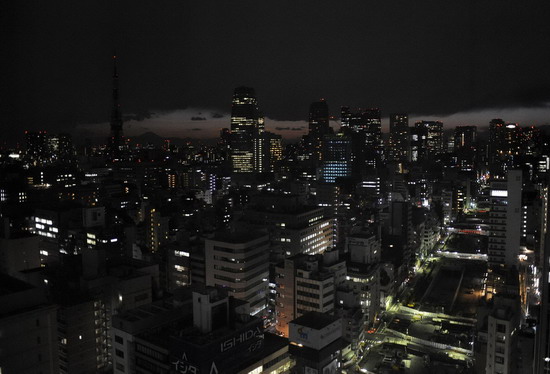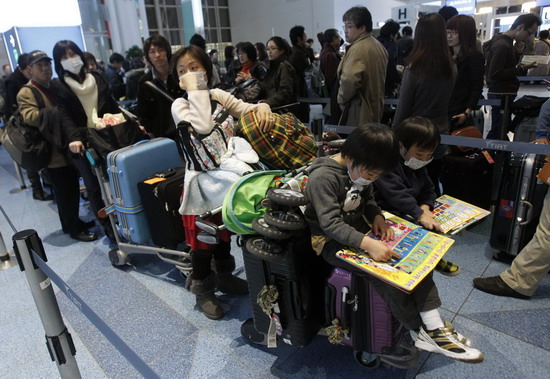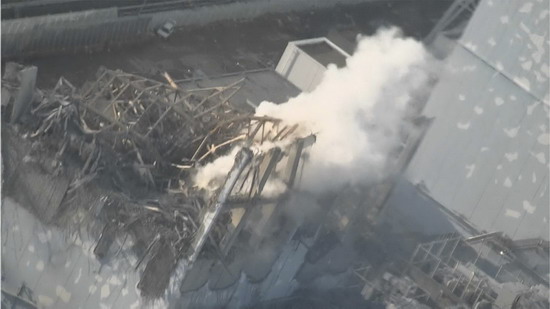Asia
Mistakes, misfortune, meltdown: Japan's quake
Updated: 2011-03-18 11:36
(Agencies)
|
|
PRESSURE GROWS
The sense of panic was now fueled by rolling blackouts in some of the country's biggest cities. ATMs stopped working, households sat in darkness.
"I don't think the situation on the ground or the psychological pressure that we're under is understood," Sakura Shoei, mayor of a small town ordered to stay indoors because of the threat of rising radiation told broadcaster NHK. Many of his residents wanted to flee but couldn't because they didn't have access to gasoline, he said. "We need the power of the central government."
Nurses at one Tokyo area hospital resorted to using sealed plastic bottles with little rocks inside when call buttons went dead. Patients would shake them for attention. Neighborhoods like Shibuya -- known around the world for its giddy excess of light and neon advertising -- blinked out.
Foreigners scrambled to get out of Japan, with the number of countries advising its nationals to consider leaving Tokyo and the area north of the capital growing. Bankers chartered private flights. Washington and other capitals said it would send in planes to rescue its nationals.
|
|
Beijing, which has ambitious plans to expand its nuclear power stations, urged Japan to disclose any developments concerning radiation risks in an "accurate and swift" way.
In Vienna, the IAEA has begun giving daily briefings, though there are still plenty of questions.
"The situation is completely unclear, there are huge questions, especially regarding unit 4. We do not know if the fuel core will melt. The focus is the battle to cool it down," said a diplomat accredited to the agency.
"We got no answer from the IAEA on detailed questions about the development of radioactivity, the changing levels. The radioactivity rose dramatically. It is very, very difficult to say why."
The diplomat also said he and others accredited to the IAEA wanted more discussions on whether the agency needed powers to enforce nuclear safety and security.
Shiro Ogawa, 75, a now-retired engineer with Toshiba, watched the developments play out with a note of sadness and regret.
Ogawa had been involved in the design of safety pumps for the No. 1 reactor in 1971 and No. 2, completed in 1974, a year after the oil shock had convinced Japan that nuclear was the power of the future.
Ogawa said he had never questioned the earthquake design standards of the reactors and never questioned the durability of back-up power plans. He never thought about a tsunami big enough to take out the generators like last week's wave of 10 meters or more.
"We had almost no experience in Japan with nuclear power at the time," Ogawa told reporters. "It's a terrible thing to say, but we were ignorant. We didn't think that we were in a position to judge the standards we were given. We were close to being ignorant."
|
|
E-paper

City of Joy
Welcome to the 'world of smiles' where life meanders slowly.
Debate on nuclear power revived
The future is now
Common approach
Specials

Earthquake Hits Japan
A massive 8.8 magnitude quake hit the northeast coast of Japan on March 11,2011.

NPC & CPPCC sessions
Lawmakers and political advisers gather in Beijing to discuss major issues.

Slide: Japan quake
Devastating earthquake and tsunami left millions without water, electricity, homes or heat.



